pedal
1. (Science: marine biology, zoology) Of or pertaining to the foot, or to feet, literally or figuratively; specifically, pertaining to the foot of a mollusk; as, the pedal ganglion.
2. Of or pertaining to a pedal; having pedals.
(Science: geometry) Pedal curve or surface, an organ which has pedals or a range of keys moved by the feet; that portion of a full organ which is played with the feet.
Origin: L. Pedalis, fr. Pes, pedis, foot. See Foot, and cf. Pew.
1. (Science: mechanics) A lever or key acted on by the foot, as in the pianoforte to raise the dampers, or in the organ to open and close certain pipes; a treadle, as in a lathe or a bicycle.
2. (Science: geometry) A pedal curve or surface.
Origin: Cf. F. Pedale, It. Pedale. See Pedal.
Of or relating to the feet; the word for a pedal extremity is `foot‘.Pertaining to the foot.
Dictionary > Pedal
You will also like...
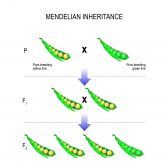
Inheritance and Probability
Gregor Mendel, an Austrian monk, is most famous in this field for his study of the phenotype of pea plants, including ..
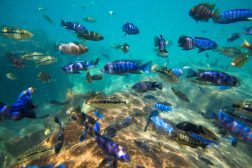
Still Water Animals
Animals living in aquatic habitats have diversified and evolved through time. They eventually occupy ecological niches a..

Mātauranga Māori and Science
Mātauranga Māori is the living knowledge system of the indigenous people of New Zealand, including the relationships t..
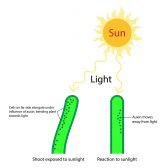
Plant Auxins – Phototropism & Geotropism
Plants produce hormones to regulate their growth. Auxins, for instance, influence plant growth. Know the role of auxin i..
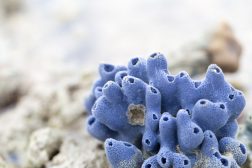
Primitive Animals
Life, as we know it today, is presumed to have started in the sea and many of them were likely eukaryotic animal-like or..
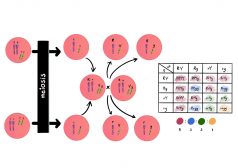
Independent Assortment and Crossing Over
This tutorial describes the independent assortment of chromosomes and crossing over as important events in meiosis. Read..

